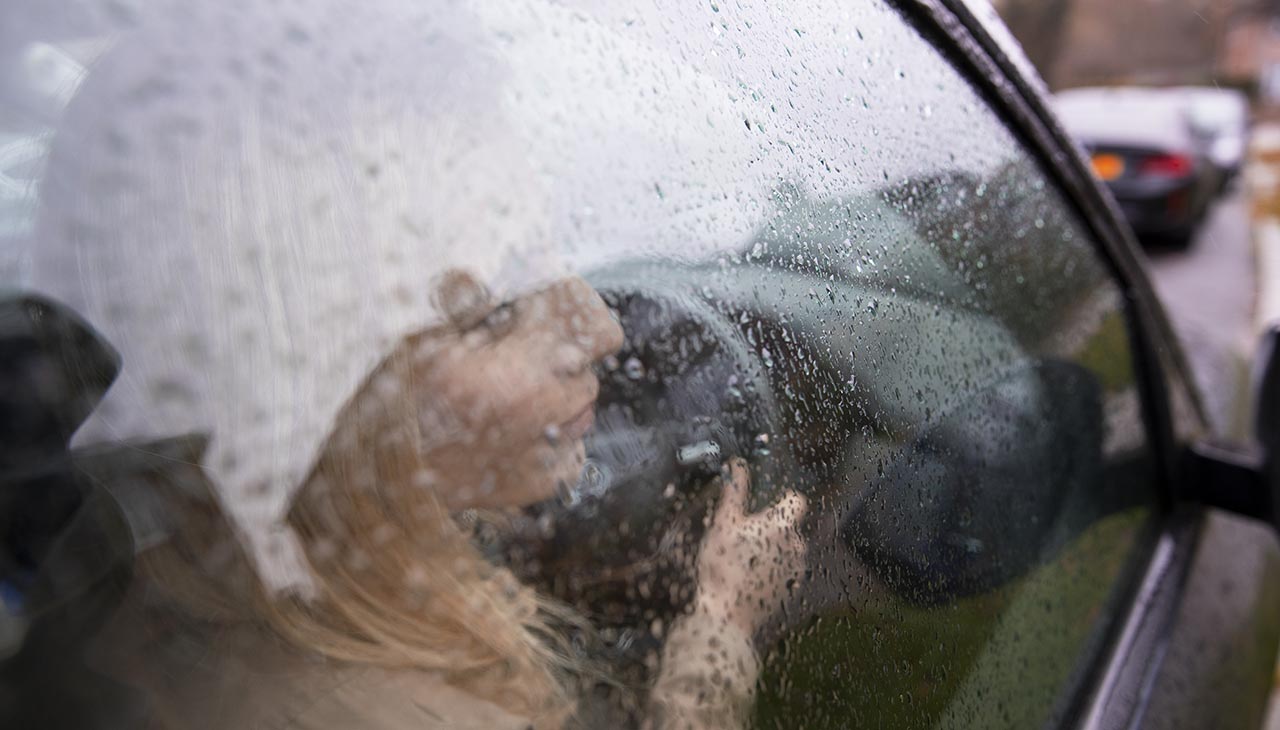How Weather Conditions Affect Your Auto Glass and How to Protect It
Introduction
As a car owner or auto enthusiast, your vehicle’s maintenance is likely a top priority. While oil changes and tire rotations might be routine, one aspect often overlooked is the care of your auto glass. Your windshield and windows are crucial for safety and visibility, yet they are vulnerable to damage caused by various weather conditions. This blog post delves into how different weather elements affect your auto glass and provides practical tips to protect it from weather-related harm.
Weather Conditions and Auto Glass
Heat and Sunlight
Hot weather can cause significant stress on your auto glass. Prolonged exposure to direct sunlight can exacerbate minor chips and cracks, expanding them into larger issues. The heat causes the glass to expand, and when the temperature drops suddenly (e.g., from an air conditioner), it contracts rapidly, potentially making existing damage worse.
Cold and Frost
Cold weather presents its own set of challenges. When temperatures drop, the auto glass contracts. If there are already small chips or cracks present, this contraction can cause them to spread. Additionally, the use of hot water or defrosters to remove ice can create a sharp temperature contrast, increasing the risk of cracking.
Rain and Humidity
Water might seem harmless, but it can exploit existing weaknesses in your auto glass. Moisture can seep into chips and cracks, weakening the glass over time. Also, frequent rain and changing humidity levels can cause the glass to expand and contract, leading to further damage.
Hail
Hail is one of the most destructive weather conditions for auto glass. Hailstones, especially large ones, can cause immediate and severe damage, such as deep chips, cracks, or even shattering the glass completely. Hailstorms can strike unexpectedly, making it essential to take preventive measures.
Common Auto Glass Issues
Cracks
Cracks are one of the most common problems and can range from minor fissures to significant cracks that compromise the integrity of the glass. These are often caused by temperature fluctuations, hail, or impacts from debris.
Chips
Chips are usually the result of small objects like stones hitting the windshield. While they may seem minor, they can expand into larger cracks if not addressed promptly.
Scratches
Scratches can occur from various sources, including debris, improper cleaning techniques, or using worn-out wiper blades. While less severe than cracks or chips, they can obstruct visibility and weaken the glass over time.
Tips to Protect Auto Glass
Park in the Shade or Indoor Parking
Whenever possible, park your car in shaded areas or indoor parking garages to protect it from direct sunlight and temperature extremes. This can reduce the stress on your auto glass and prevent minor chips from expanding.
Use a Windshield Sunshade
A sunshade can help block harmful UV rays and keep the interior of your car cooler. This can prevent the glass from heating up excessively and reduce the risk of thermal stress.
Avoid Sudden Temperature Changes
Try to avoid drastic temperature changes. For instance, don’t blast your air conditioner immediately after getting into a hot car, and don’t pour hot water on a frozen windshield. Gradual temperature changes are less likely to cause thermal stress.
Regular Inspection and Maintenance
Regularly inspect your auto glass for any signs of damage, such as chips or cracks. Addressing these issues early can prevent them from worsening. Additionally, replace worn-out wiper blades to avoid scratching the glass.
Use Protective Covers During Hailstorms
If you know a hailstorm is coming, use a protective cover designed for cars. These covers can provide a cushion that absorbs the impact of hailstones and reduces the risk of damage.
Importance of Timely Repairs
Addressing auto glass damage promptly is crucial for several reasons. Small chips and cracks can quickly expand, especially under the influence of adverse weather conditions. Ignoring minor damage can lead to more extensive and costly repairs down the line. Moreover, compromised auto glass can pose significant safety risks, as it may not provide the necessary structural support during collisions or protect against debris.
Conclusion
Your auto glass is more than just a window to the world; it’s an essential component of your vehicle’s safety system. Understanding how weather conditions affect your auto glass and taking proactive measures to protect it can save you from costly repairs and enhance your driving experience. Regular inspections, timely repairs, and adopting protective habits will go a long way in maintaining the integrity of your auto glass. Stay vigilant, and your windshield will continue to provide clear, safe views on all your journeys.

